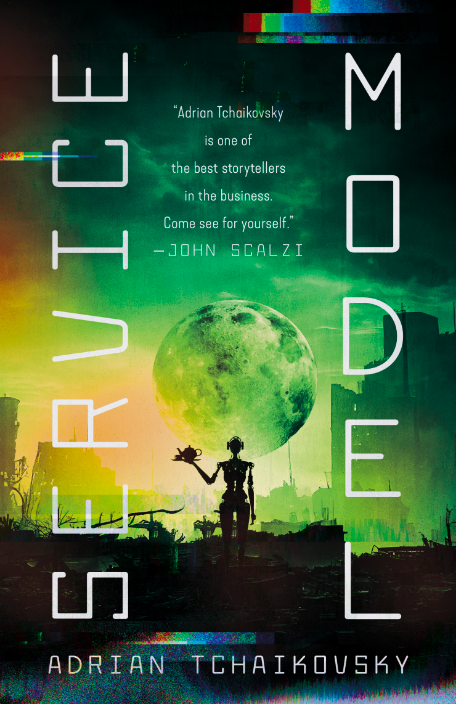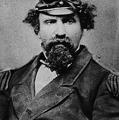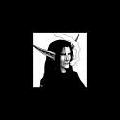Norton Glover reviewed Service Model by Adrian Tchaikovsky
Light satirical tale of a robot valet after the apocalypse.
4 stars
The somewhat satirical tale of Uncharles, a robot programmed as valet traveling across a collapsing, nearly post-human society, after the death of its master.
Very reminiscent of a lot of 50s and early 60s sci-fi, in that it uses bits of the apocalypse setting to satirize modern scoeity. It's pleasant, but somewhat unchallenging. Good as a lighter read.
The somewhat satirical tale of Uncharles, a robot programmed as valet traveling across a collapsing, nearly post-human society, after the death of its master.
Very reminiscent of a lot of 50s and early 60s sci-fi, in that it uses bits of the apocalypse setting to satirize modern scoeity. It's pleasant, but somewhat unchallenging. Good as a lighter read.





